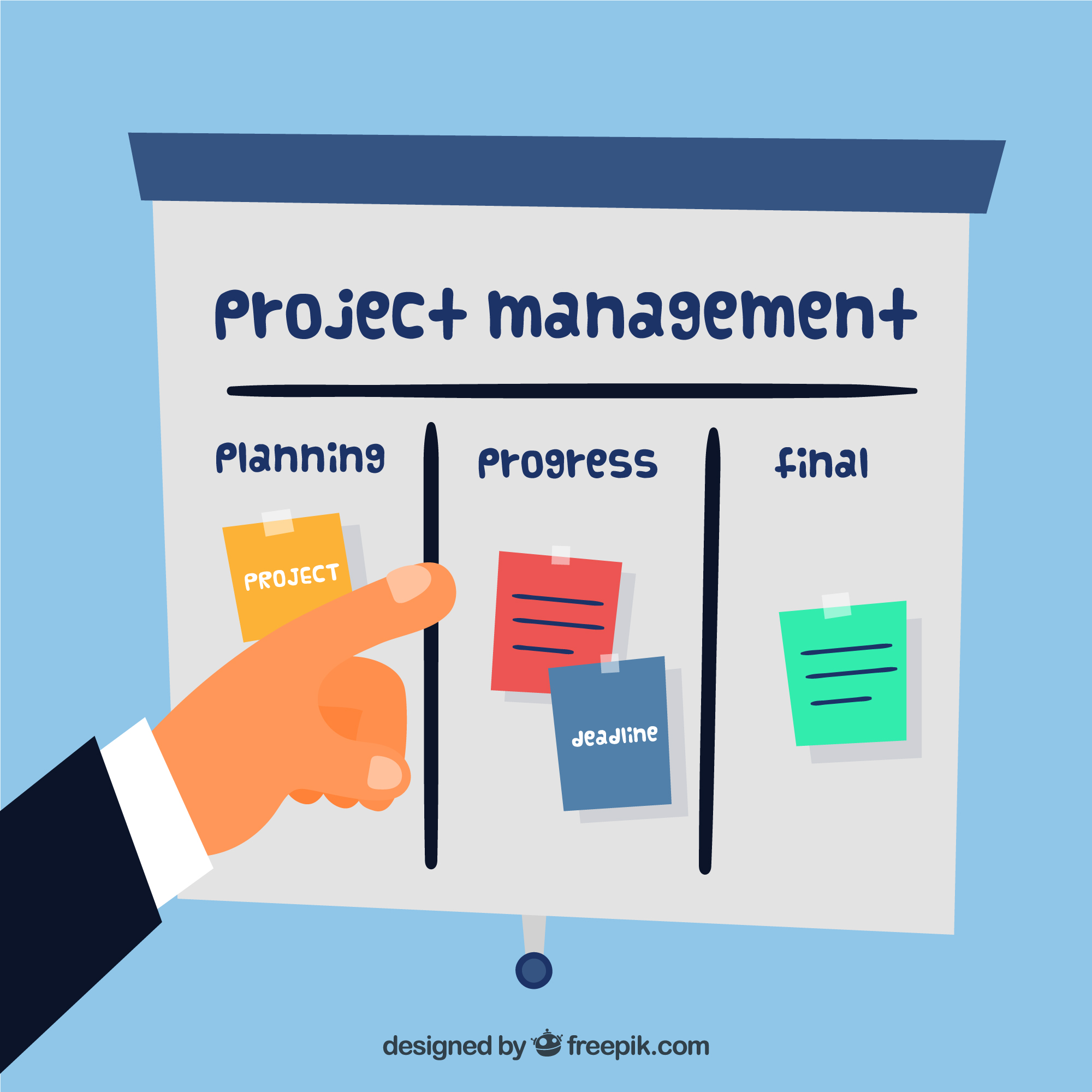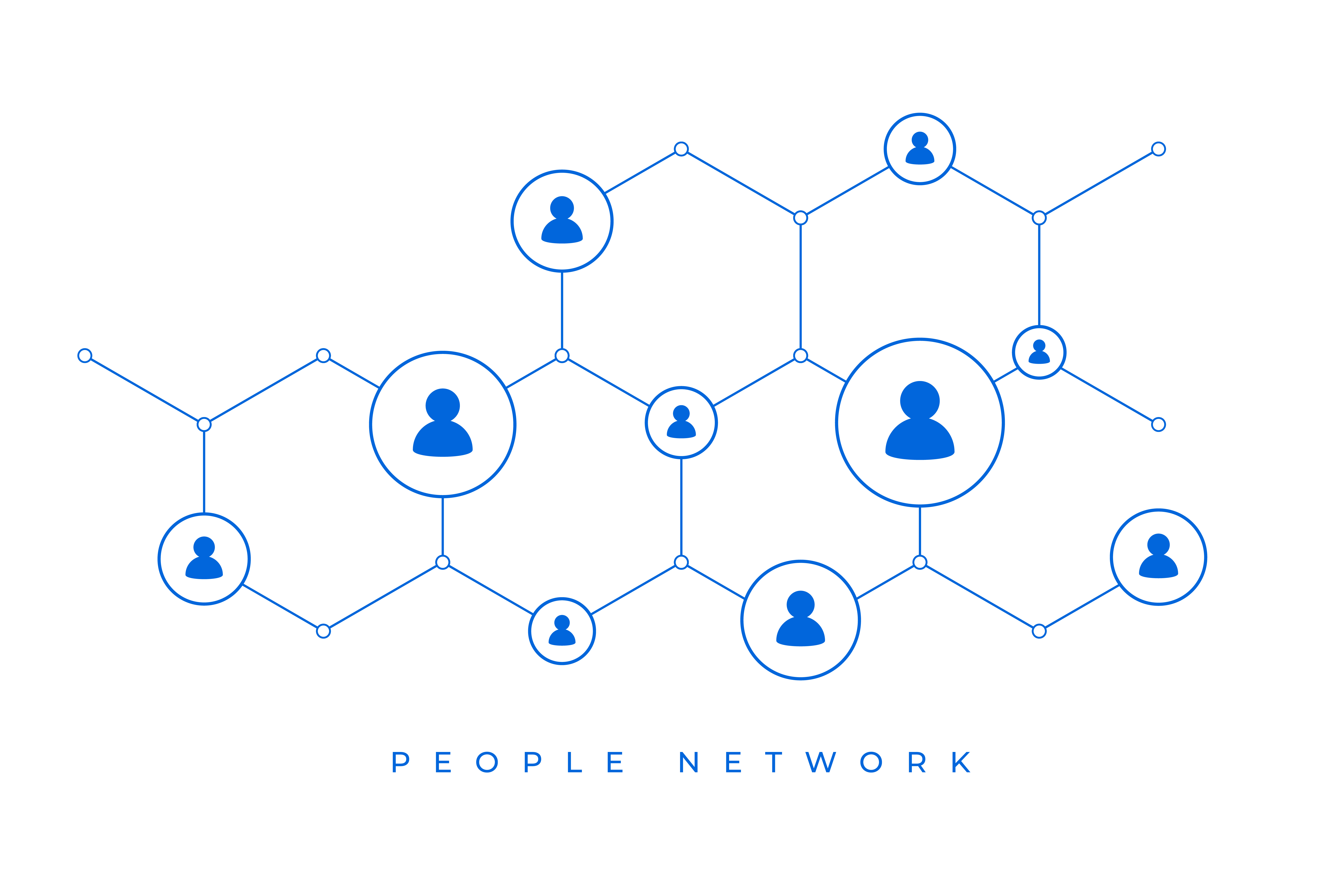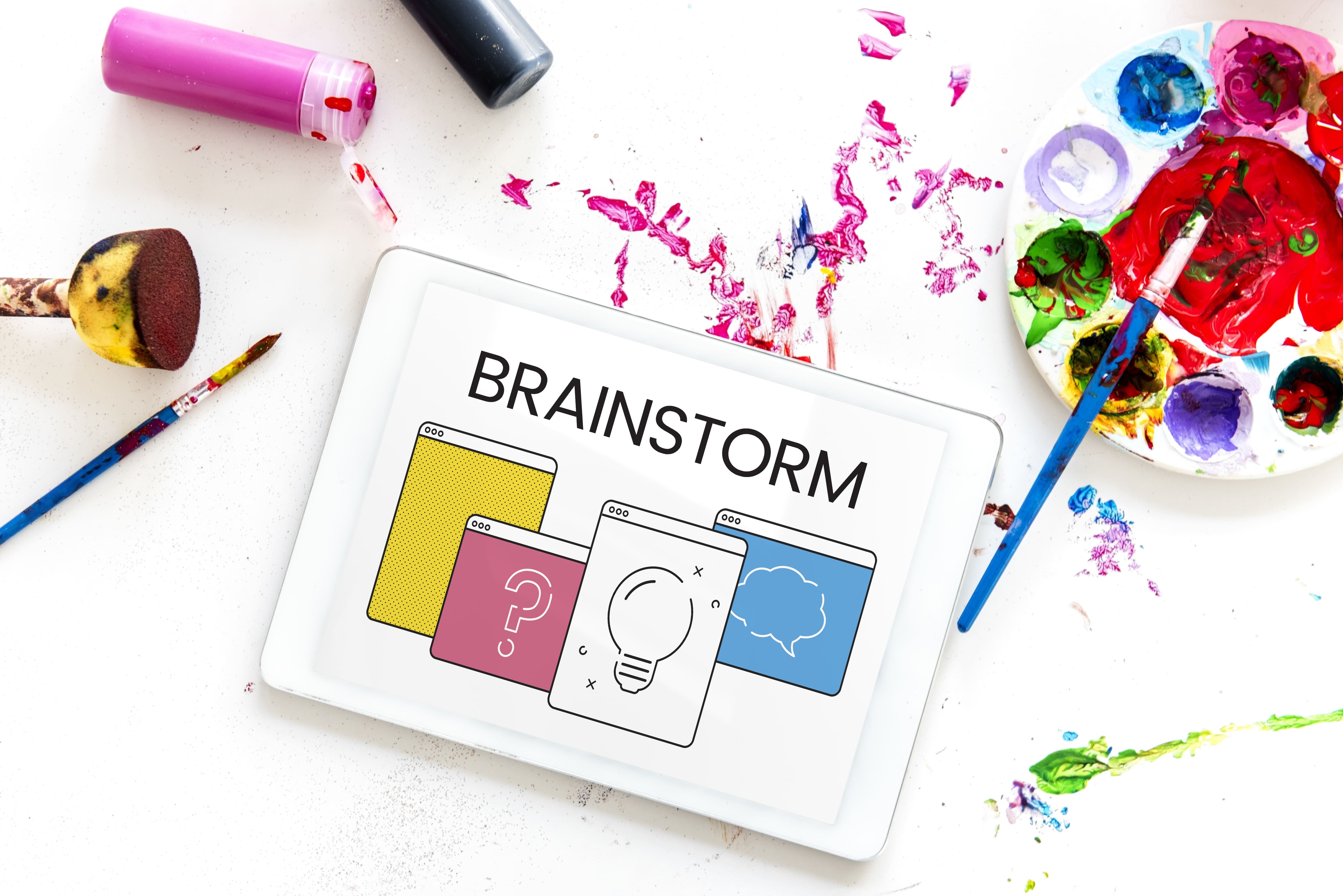The Art of Salary Negotiation: What Every Young Professional Should Know
- Author :
- Date : 09 Aug 2025
- Time : 12 Min to read

The Art of Salary Negotiation: What Every Young Professional Should Know
Earning your worth starts with mastering the art of salary negotiation. Negotiating salary is one of the most under-discussed but impactful skills young professionals can learn. Done well, a single successful negotiation can boost lifetime earnings, enhance your personal brand, and build confidence in your career. This extensive guide delivers actionable insights, negotiation frameworks, preparation tips, and communication strategies to help you advocate for fair compensation effectively.
Why Salary Negotiation Matters
- Higher lifetime income: A small percentage increase now compounds over promotions and raises
- Demonstrates confidence and self-awareness: Employers respect professionals who value their contributions
- Sets expectations for performance and accountability: A clear salary discussion creates professional clarity
- Prevents wage gaps especially in entry-level and early career stages
- Boosts motivation and job satisfaction: Being paid fairly contributes to long-term engagement
1. Prepare by Researching Market Rates and Value Proposition
Preparation is critical to effective negotiation:
- Research industry salary benchmarks via sites like Glassdoor, PayScale, or LinkedIn Salary
- Understand salary ranges for your role, location, and level of experience
- Articulate your value clearly: highlight achievements, measurable results, certifications, and relevant projects
- Know your target salary, walk-away point, and possible alternative benefits (like remote flexibility or professional development budgets)
2. Practice Positive Framing and Assertive Language
Communication matters more than numbers:
- Lead with gratitude and enthusiasm: Thank the hiring manager or employer, then deliver your salary request
- Use data-driven statements such as "Based on my contributions and the market range, I believe a salary of X is appropriate"
- Avoid apologizing or sounding uncertain: Always sound confident and professional
- Be open to discussing total compensation including bonuses, stock options, or flexible hours
These techniques project professionalism and clarity.
3. Use Anchoring and Negotiation Tactics
Negotiation is both art and strategy:
- Anchor with a higher but realistic salary expectation to frame conversation
- Be willing to pause after making your request to allow the employer time to process
- Use reflective language like "Can we find a number that aligns with my experience and the company's budget?"
- Be ready to negotiate non-salary benefits such as educational budget, travel allowance, or extra leave
Strategic anchoring often shifts offers upward toward your ideal range.
4. Prepare for Common Scenarios and Responses
Anticipating potential objections helps you stay calm and effective:
- If the employer says budget is tight, ask about performance-linked raises after six months
- Ask about salary review timelines and possible upgrade paths
- If the employer cannot budge on salary, negotiate perks such as signing bonus, certification funding, or flexible schedule
A win-win mindset helps both sides stay flexible and positive.
5. Leverage Mentorship and Skill Training
Negotiation is a learnable skill improved by practice and feedback:
Consider enrolling in MentoraX's Training of Trainers (ToT) course, which includes modules on communication, professional influence, and feedback techniques. In ToT you will:
- Practice role-play negotiation scenarios with peers
- Receive direct coaching on clarity, confidence, and professionalism
- Learn facilitation skills useful in negotiating team resources or project scope
This course builds negotiation confidence, effective delivery, and leadership presence early in your career.
6. Timing Matters: When to Negotiate
Choosing the right moment maximizes your leverage:
- Initiation stage or at offer time is ideal to discuss compensation
- If in your current role, prepare before your annual review or after key achievements
- Use promotions or new responsibilities as leverage to justify higher pay
Timing ensures negotiation happens from a position of leverage and credibility.
7. Build Emotional Resilience During Negotiation
Negotiations can feel uncomfortable or raise anxiety:
- Use breathing or mindfulness to stay calm and grounded
- Frame feedback or setbacks as part of the process, not personal rejection
- Practice negotiation with peers or mentors to grow comfort over time
A resilient mindset enables confidence and better outcomes.
8. Communicate Transparently and Professionally
After negotiation, agree on next steps:
- Send a confirmation email summarizing agreed salary, start date, or benefits
- Be professional even when salary negotiation does not produce a change
- Keep the tone collaborative and open for future discussions
Strong follow-through reflects maturity and credibility.
9. Monitor Your Career Growth
Salary negotiation is not one-off—it's part of career development:
- Track compensation over roles and milestones
- Aim to revisit compensation when adding new skills or responsibilities
- Use salary increases as markers for performance and growth
This mindset reinforces your value and upward trajectory.
Sample Negotiation Conversation Flow
| Step | Script or Action |
|---|---|
| Initial Offer | Thank you, I am excited about this opportunity. Based on market data and my contributions, I expect a compensation around X. |
| Employer hesitates | I understand. Could we explore a performance review or bonus after 6 months? |
| Employer listens | Are there non-salary components we could balance, such as a certification allowance? |
| Finalization | Thank you. I'll summarize in writing and share the agreement. Looking forward to contributing. |
Final Thoughts
Salary negotiation is not just about money—it reflects your belief in your skills and your ability to advocate professionally. Approaching conversations with research, confidence, and strategic mindset pays dividends in career growth.
If you aim to refine professional negotiation and facilitation skills, MentoraX's Training of Trainers ToT course is an ideal way to develop communication clarity, persuasive presence, and feedback delivery. With the right tools and mindset, you can navigate compensation conversations confidently and build your career with integrity.
Remember: negotiation is a leadership skill. Use it wisely to shape your path ahead.
Related Posts




09 Aug 2025 • 11 Min Read
The Importance of Mentoring: How to Find a Great Mentor and How to Be One
None



09 Aug 2025 • 12 Min Read
The Art of Salary Negotiation: What Every Young Professional Should Know
None







09 Aug 2025 • 8 Min Read
Building a Personal Brand in the Digital Age: A Guide for New Professionals
None






12 Jan 2026 • 7 Min Read
MentoraX Approach: Why Technology Alone Is Not Enough
Why sustainable transformation requires more than tools—and how MentoraX connects technology, people, and execution.